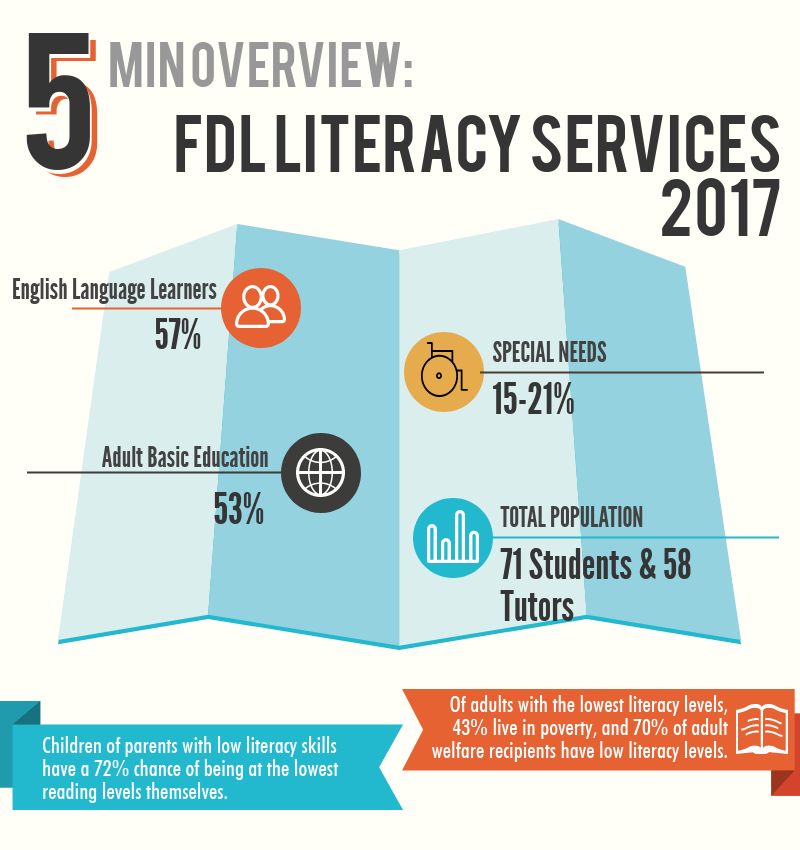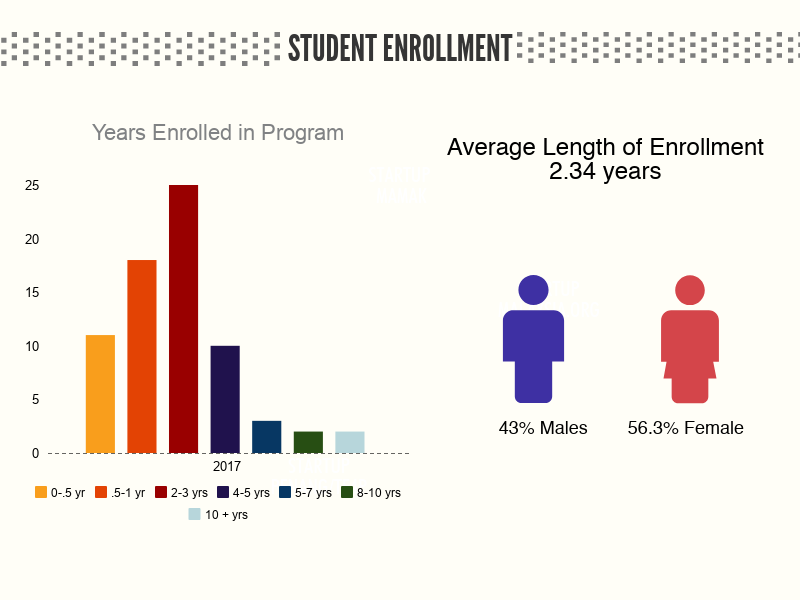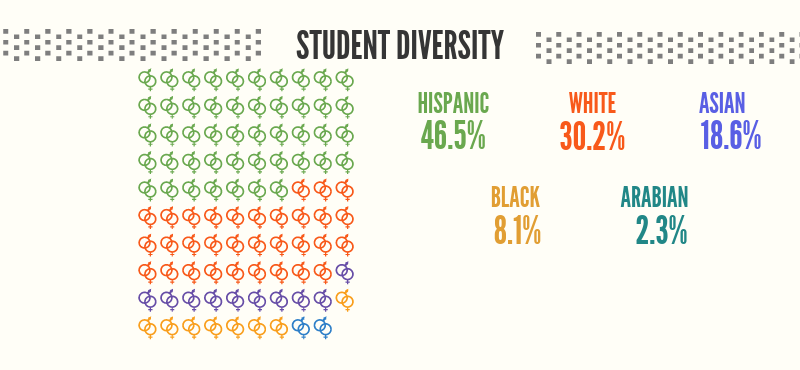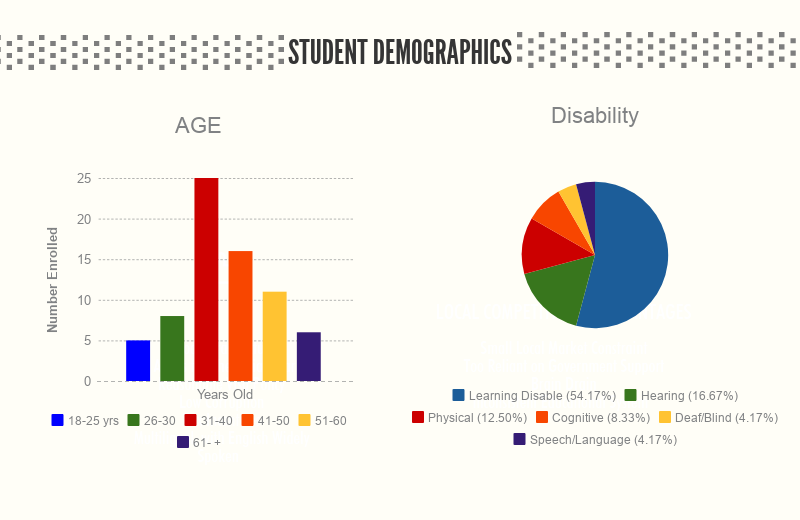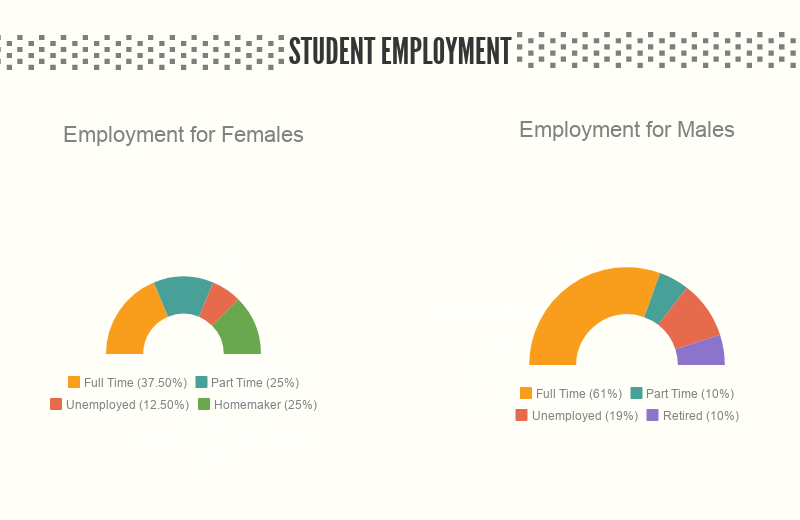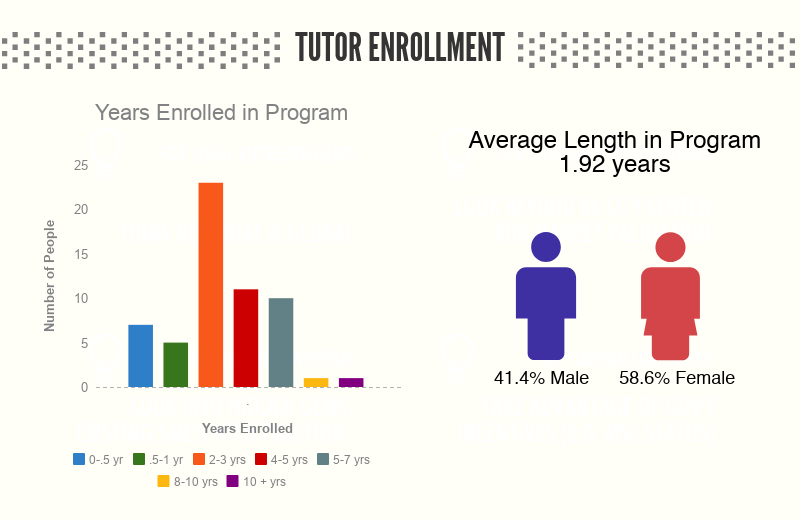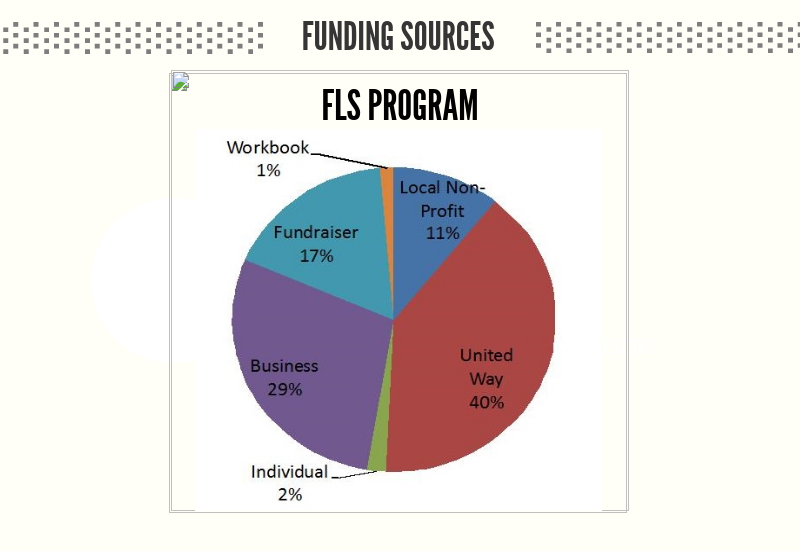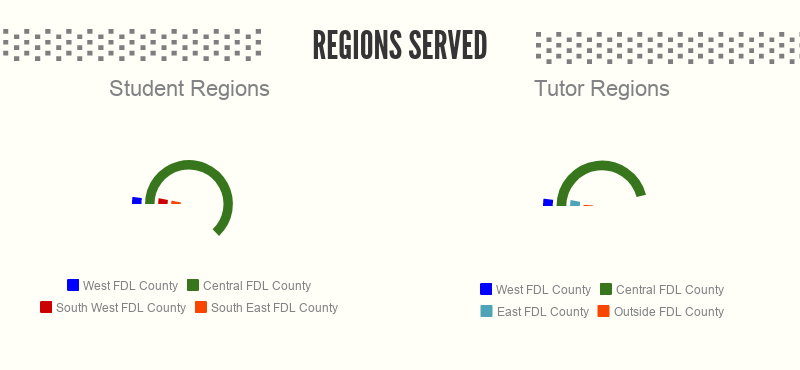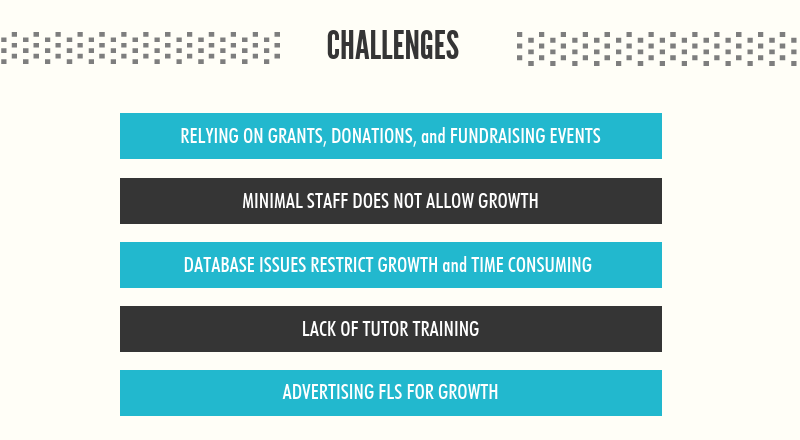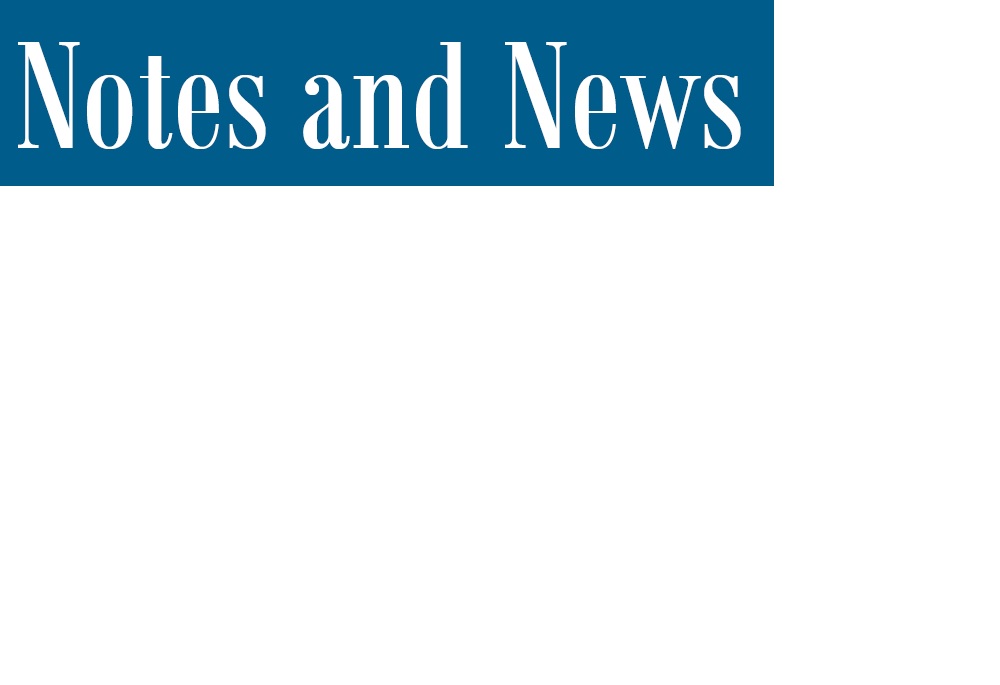About Fond du Lac Literacy Services
 Processing Request
Processing Request
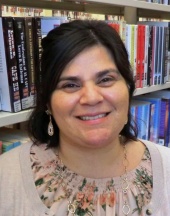 I bring compassion and dedication to my goals of helping families succeed and helping learners reach their literacy goals. I understand that individuals learn in many different ways - traditional and alternative - and will help find the method that works to the learner's best advantage. I was privileged to have grown up in a bilingual family; I know that learning a second language takes dedication and commitment.
I bring compassion and dedication to my goals of helping families succeed and helping learners reach their literacy goals. I understand that individuals learn in many different ways - traditional and alternative - and will help find the method that works to the learner's best advantage. I was privileged to have grown up in a bilingual family; I know that learning a second language takes dedication and commitment.
Fond du Lac Literacy Services students want a better future. Our tutors and volunteers are devoted to making a difference in our students’ lives. I am delighted to work with them all to assist in their endeavors.
 I am the administrative assistant for Fond du Lac Literacy Services. My family and I are avid readers and spend a great deal of time at the library. In my free time, I enjoy watching my children play sports, playing pickleball and spending time with family.
I am the administrative assistant for Fond du Lac Literacy Services. My family and I are avid readers and spend a great deal of time at the library. In my free time, I enjoy watching my children play sports, playing pickleball and spending time with family.
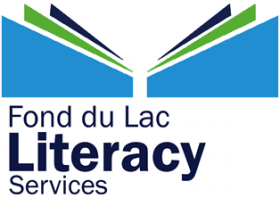
FDL Literacy Services History
Fond du Lac Literacy Services was started by two Fond du Las School District staff members, Reading Specialist Caron Schauer and Social Worker Phyllis Hay.
Schauer said the program began very simply: as a way to fix a problem. She recalls that as a third-grade teacher at Franklin Elementary, she was frustrated that one of her students wasn’t getting help at home with her reading. The girl’s father, a single parent, met with the teacher and a group from the district that included Schauer and Hay. During the meeting, the father broke down and cried when he admitted he couldn’t help his daughter because he couldn’t read.
The women realized there was an unmet need in Fond du Lac – there was no place adults could get the help they needed. Adults who struggle with literacy are more likely to raise children with the same struggles. According to World Literacy Foundation, illiterate adults are more likely to earn less; have poor household and personal health, hygiene and nutrition skills; and are more likely to be incarcerated. In Wisconsin, according to the 2010 Census, 10 percent of adults 25 and over have not graduated from high school. In 1982, meetings turned into action, and the organization was born.
Just as it works today, the early days of Literacy Services relied on trained volunteers to partner with students, working one-on-one. Additional support is provided through online instructional reading programs and websites.
Also similar to the earliest days of the organization, the majority of today’s Literacy Services students are adults who exited the U.S. school system reading below the sixth-grade level. There also are students for whom English is a second language. The organization is headquartered on the second floor of the Fond du Lac Public Library, where most of the tutoring takes place. Our partnership with the Fond du Lac Public Library has raised our profile in the community with improved communication, publicity and substantial additional support.
Literacy Services receives about half its funding from Fond du Lac Area United Way. Its three major fundraisers are Team Trivia in March, the Dinnerless Dinner in July, and Scrabble Bee in October. The organization also receives funding through grants and local donations, including annual support from the Sadoff Family Foundation, Fox Valley Savings Bank, Holy Family Catholic Community, Mid-States Aluminum Foundation, Michels Corp., Fond du Lac Rotary and Altrusa.
Fond du Lac Public Library, second floor
32 Sheboygan St.
Fond du Lac, WI
(920) 322-3932
literacy@fdlpl.org
Hours:
Mon - 12:30-3:30
Tues - 11-5
Wed - 10-3
Thurs - 10-6
Fri-Sun - closed
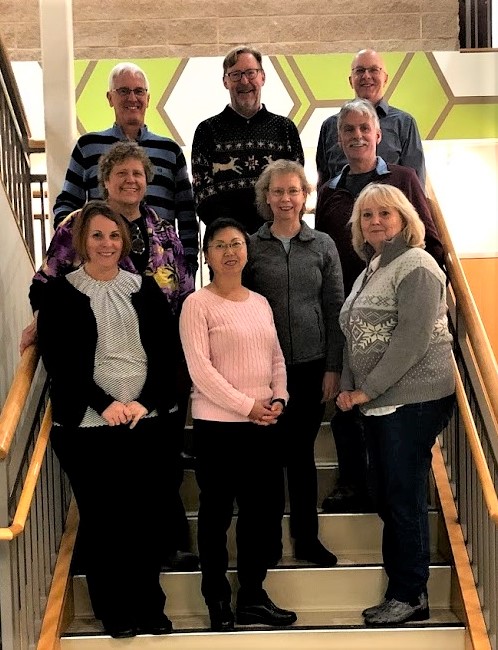
Officers
Rick Gregory, board president
David Block, vice president
Dawn Scannell, treasurer
Judy Hoeppner, secretary
Sun Paulick
Sylvia Reed
Philip Shepherd
Esther Pietrowksi
Susan Ringer
Mary Fleishman
LouAnn Biddick
Jon Mark Bolthouse, Library Liason

